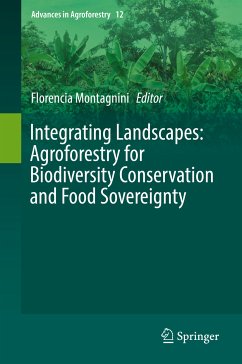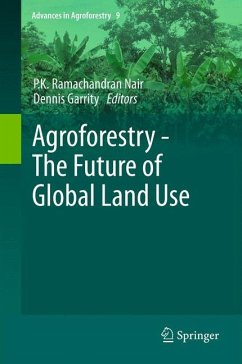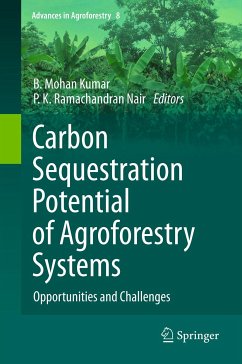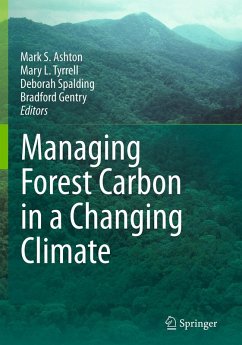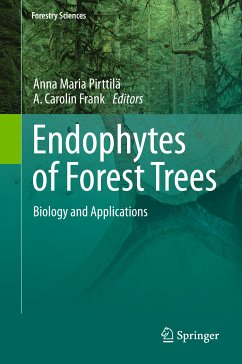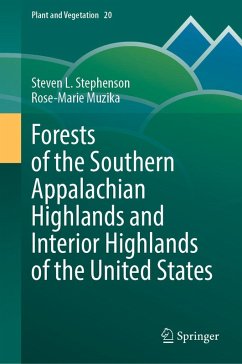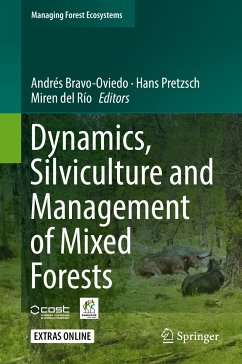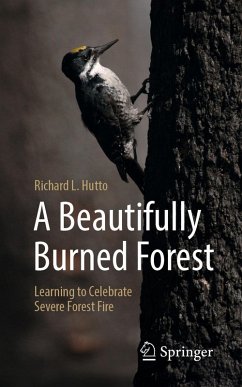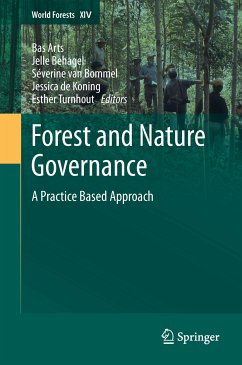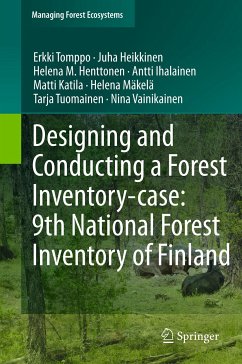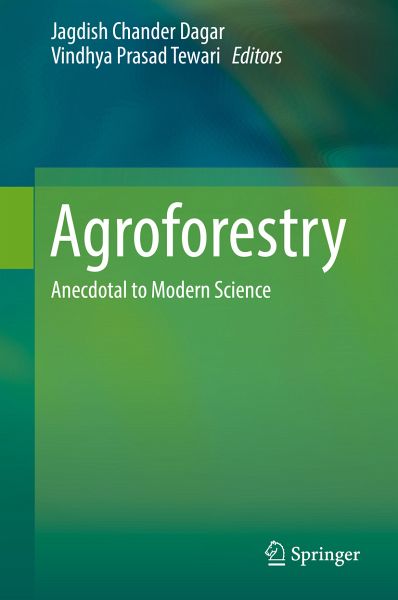
Agroforestry (eBook, PDF)
Anecdotal to Modern Science
Redaktion: Dagar, Jagdish Chander; Tewari, Vindhya Prasad
Versandkostenfrei!
Sofort per Download lieferbar
272,95 €
inkl. MwSt.
Weitere Ausgaben:

PAYBACK Punkte
136 °P sammeln!
-Offers state-of-the-art synthesis of elementary knowledge of relatively new science of AF
-Encompasses all aspects of modern AF research
-Serves as the comprehensive reference source of AF from basics to advances
-Encompasses all aspects of modern AF research
-Serves as the comprehensive reference source of AF from basics to advances
Dieser Download kann aus rechtlichen Gründen nur mit Rechnungsadresse in A, B, BG, CY, CZ, D, DK, EW, E, FIN, F, GR, HR, H, IRL, I, LT, L, LR, M, NL, PL, P, R, S, SLO, SK ausgeliefert werden.



